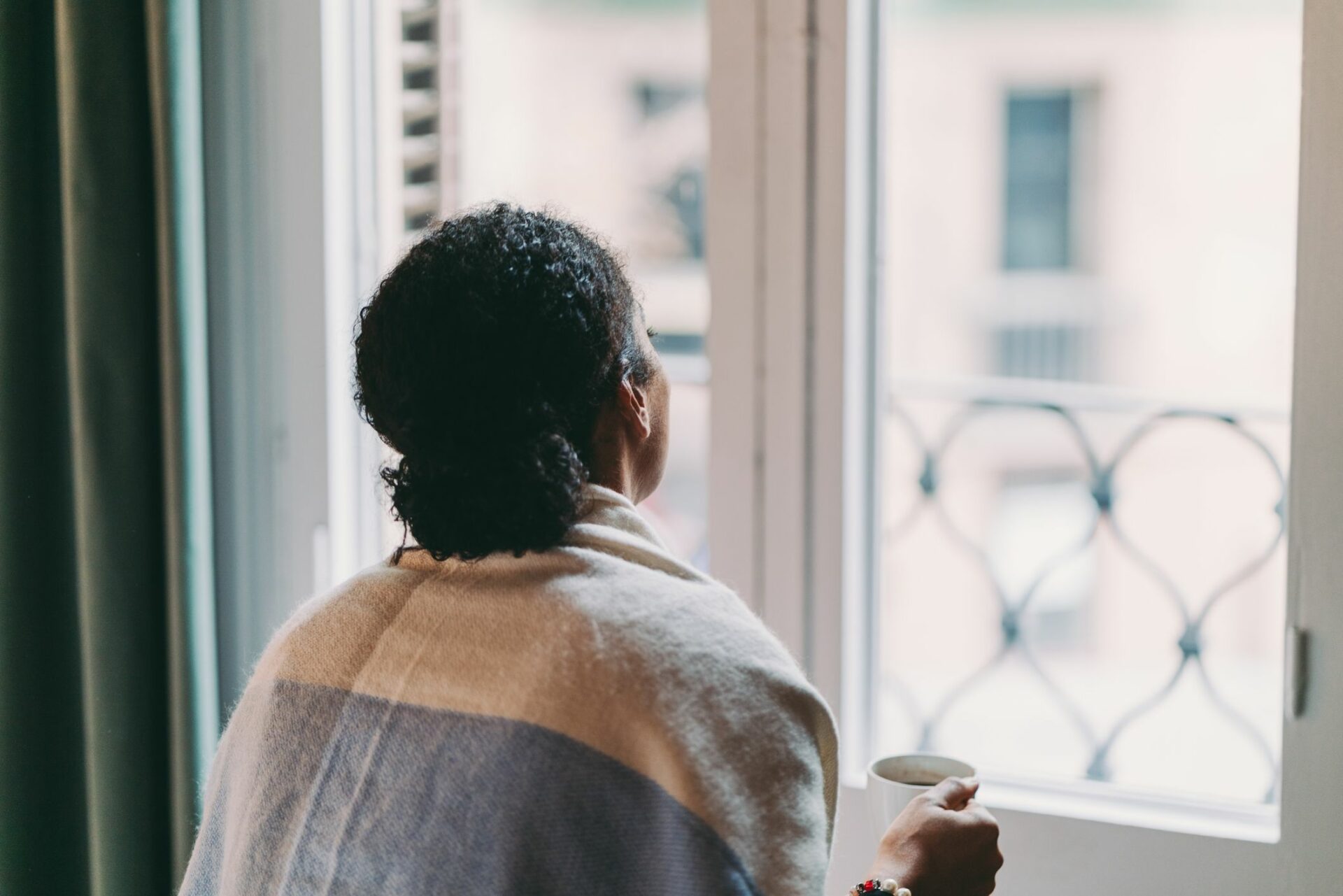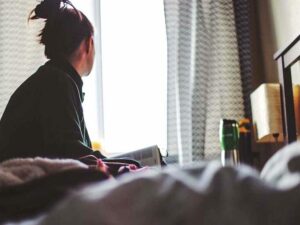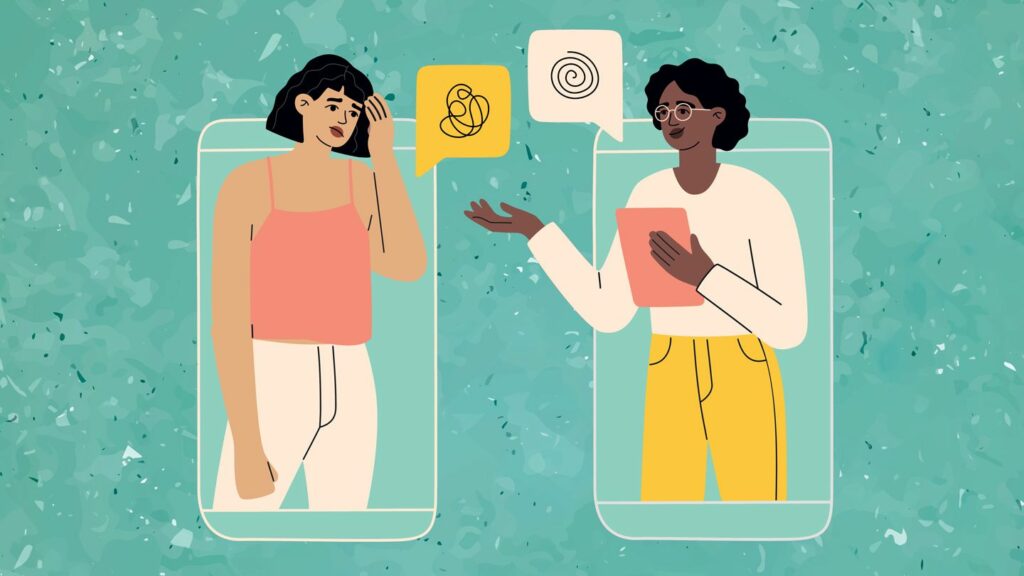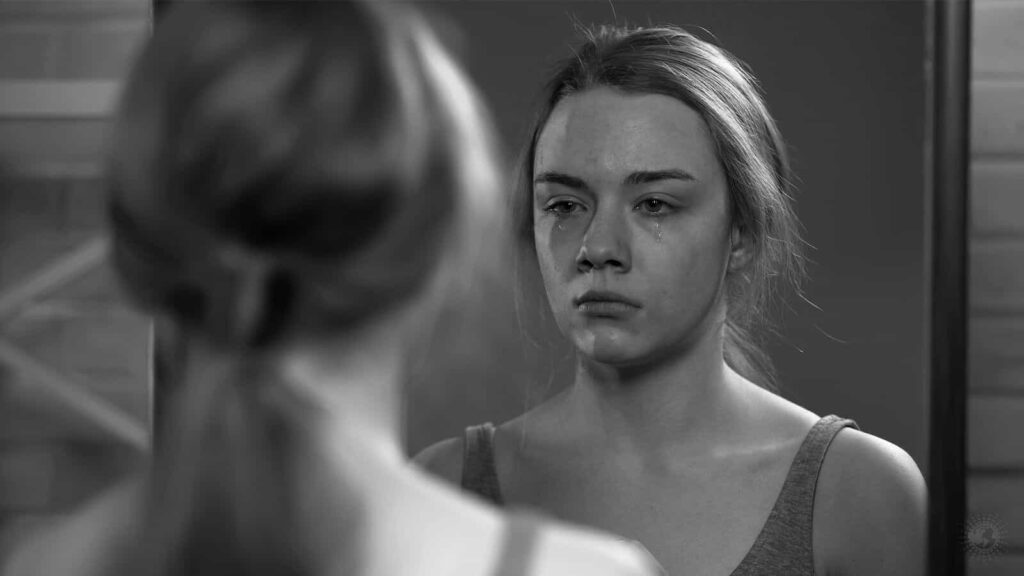It can be tough going through a depressive episode. You might feel like you have no control over your thoughts or actions, and you may feel like every day is a struggle. But there are ways to cope with double depression, and you should try as hard as possible to get through it.
Contents
What is Double Depression?

Double depression is a mental health condition that is characterized by two major depressive episodes in 12 months. It’s also known as chronic major depression, recurrent depression, or chronic dysthymia.
Symptoms of double depression can include persistent sadness or gloom, loss of interest in activities you used to enjoy, feelings of worthlessness or hopelessness, difficulty sleeping, poor appetite and weight gain, fatigue, and thoughts of suicide.
If left untreated, double depression can lead to further health problems such as heart disease, anxiety disorders, substance abuse, and physical injuries.
Learn more about the signs and symptoms of double depression and how to get help.
The Signs and Symptoms of Double Depression

If you’re experiencing symptoms of both depression and anxiety, it’s called double depression. And while it doesn’t happen to everyone, it’s an increasingly common problem that deserves recognition and care. Here are some of the most common signs and symptoms of double depression:
You feel constantly low or depressed, even when you should be feeling better.
This is one of the most common symptoms of double depression. You may feel like you can’t get out of bed, that you have no motivation, or that all the pleasure in life has disappeared. Sometimes you may feel so low that you can’t even think or concentrate.
You have trouble sleeping.
Another hallmark of double depression is difficulty sleeping. You may have trouble falling asleep, staying asleep, or waking up in the morning feeling rested. This can lead to fatigue and an overall feeling of being sluggish.
You have increased anxiety.
Double depression often leads to increased anxiety symptoms. You may find that your anxiety levels are higher than usual and that it’s harder for you to calm down and relax than usual. This can make it difficult to focus and concentrate, and it can be hard to stay productive during the day.
You find it hard to socialize or make friends.
One of the biggest problems with double depression is that it can make it hard for you to socialize or make friends. You may feel shy and withdrawn, and you may find it difficult to get out and meet new people. This can lead to isolation and a loss of self-esteem.
You have a decreased appetite and weight loss.
Another sign of double depression is decreased appetite and weight loss. You may find that you’re eating less than usual, or that you’re losing weight even when you’re not exercising. This can lead to a feeling of being “fatigued” and “sluggish,” and it can make it harder for you to maintain your weight.
You have a decreased sex drive.
One of the most common symptoms of double depression is a decreased sex drive. You may find that you’re not interested in sex or that you have difficulty getting aroused. This can lead to feelings of loneliness and frustration, and it can make it difficult to enjoy intimacy with your partner.
You have decreased motivation.
One of the most common symptoms of double depression is decreased motivation. You may find that you don’t want to do anything, or that you feel like you can’t focus on anything. This can make it difficult to get things done, and it can lead to a feeling of lethargy and resignation.
Is Double Depression Common?

Yes, this type of depression is quite common. The National Institute of Mental Health (NIMH) defines it as feeling two or more episodes of major depressive disorder in 12 months. However, not everyone who experiences two or more episodes of depression will meet the full criteria for double depression.
According to the NIMH, around 20 percent of people who experience one episode of major depression will also experience another within 12 months. And around 5 percent of people who experience one episode of major depression will experience two or more episodes in 12 months.
This type of depression is also common in people who have a history of major depression. Around 30 percent of people who have had a previous episode of major depression will experience another within 12 months. And around 10 percent of people who have had a previous episode of major depression will experience two or more episodes in 12 months.
Also, this type of depression is also common in people who have a diagnosis of bipolar disorder. Around 50 percent of people with a diagnosis of bipolar disorder will experience another episode of major depression within 12 months. And around 20 percent of people with a diagnosis of bipolar disorder will experience two or more episodes in 12 months.
Reasons for Double Depression
There are many reasons why someone might experience double depression, but it’s not always clear what causes it. Some people who experience double depression may have an underlying mental health condition like bipolar disorder that causes episodes of depression and mania. Other times, double depression can be the result of a traumatic event or an ongoing emotional stressor. Here are some common causes of double depression:
1) Mood Disorders: People with mood disorders, such as bipolar disorder, often experience cycles of highs and lows. When a person’s mood is consistently low, it can lead to a downward spiral of self-disappointment and despair.
2) Traumatic Events: A traumatic event can cause intense emotional pain that lasts for months or even years. Trauma can affect any area of your life – your physical health, your relationships, and your sense of self-identity. For some people, the trauma is so overwhelming that it leads to a bout of double depression.
3) Emotional Stressors: Many people experience significant emotional stress throughout their lives, but some experiences are more difficult than others. Emotional stressors that can lead to double depression include grief, loss, financial difficulties, relationship problems, and chronic stress.
4) Caffeine: Caffeine is a stimulant that can increase energy levels and improve mood in the short term. However, over time, caffeine can cause increased anxiety and stress, which can lead to double depression.
5) Obesity: According to the National Institutes of Health, obesity means when there is a risk of developing both major depressive disorder and bipolar disorder. In addition, obesity can lead to other health conditions, like heart disease and type II diabetes, which can also contribute to double depression.
How to Treat Double Depression?

If you are experiencing double depression, there are things you can do to help get better. Here are some tips:
1. Talk to your doctor. Double depression is a serious condition, and it is important to get the help you need. Your doctor may be able to prescribe medication or suggest other treatments. Sometimes, talking to a therapist can also be helpful.
2. Get involved in activities that make you happy. This can help take your mind off of your depression. Some things you can do include going for walks, doing volunteer work, or spending time with friends and family.
3. Make sure you have a support system. If you don’t have anyone to talk to, try reaching out to a support group or online community. These groups can offer support and resources as you work through your depression.
4. Avoid negative thinking patterns. When you are feeling depressed, it is easy to think about the negative things that have happened in your life. Instead, try to focus on the positive things that still exist. This will help take your mind off of your depression and help you feel better overall.
5. Get plenty of sleep. When you are depressed, your body and mind need plenty of sleep to function properly. Try to get at least seven hours of sleep each night. It is also important to make sure you are eating a well-balanced diet and avoiding alcohol and caffeine.
Conclusion
If you or someone you know is struggling with double depression, it can be hard to know where to turn for help. There are so many different treatments and therapies out there, and it can be difficult to decide which one is right for you or your loved one. In this article, we have discussed the basics of double depression and provided some resources that may help you find the support you need.
Hope this article was of help to you! If you are suffering from mental health disorders, you may seek help from Therapy Mantra. We have a team of highly trained and experienced therapists who can provide you with the tools and skills necessary for overcoming mental health disorders. Contact us today to schedule an online therapy or download our free Android or iOS app for more information.


